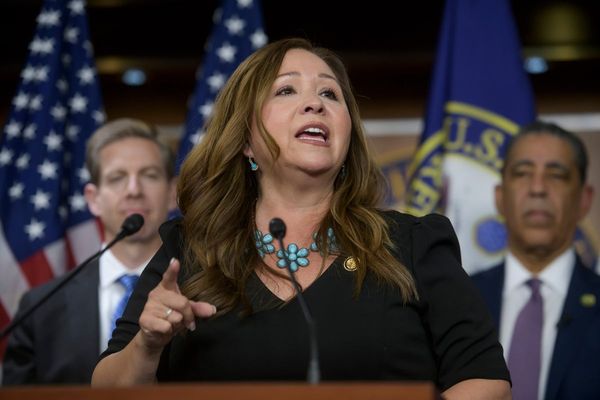
Chris Evans, a Member of Parliament (MP) for Caerphilly in Wales, has urged the United Kingdom Parliament to introduce stricter rules on gambling advertisements, warning of the pervasive exposure faced by children and young people.
Speaking in Westminster Hall, Evans highlighted how gambling promotions are constantly visible through TV, streaming platforms, newspapers, sports uniforms, and racing liveries.
While the UK Gambling Commission prohibits companies from directly targeting children or depicting underage people in adverts, Evans argued these measures fall short. He noted that young audiences are still exposed to the same marketing as adults.
“Our young people see advertising for gambling on TV, online, and on the shirts of their favourite players. This normalises betting, making it a ‘game’ or a standard part of enjoying professional sport,” Evans said.
A GambleAware report from 2020 found that just four percent of 11- to 24-year-olds said they had not seen gambling ads in the past month.
Chris Evans MP emphasizes stricter gambling ad measures

The U.K. government recently confirmed new regulations, including a statutory levy on gambling operators to fund National Health Service (NHS) programs for addiction treatment and research into gambling-related harm. It also plans to introduce stake limits for online slots: £5 per spin for adults aged 25 and over, and £2 per spin for those aged 18 to 24.
While acknowledging these as positive developments, Evans described them as only “the first steps in a wider reform” of gambling advertising.
Evans stressed that tackling the problem requires more than adjusting advertising limits, it demands a shift in how gambling is presented in sports and media. He warned that the continued visibility of betting brands risks embedding gambling into youth culture, creating long-term public health challenges.
As a member of the all-party parliamentary group on gambling reform, Evans is pushing for broader measures to shield young audiences from the influence of betting ads.
With over a million people in the U.K. already affected by gambling harm, Evans argued that preventing early exposure is essential to breaking the cycle of addiction and reducing the social and family impacts linked to the industry.







